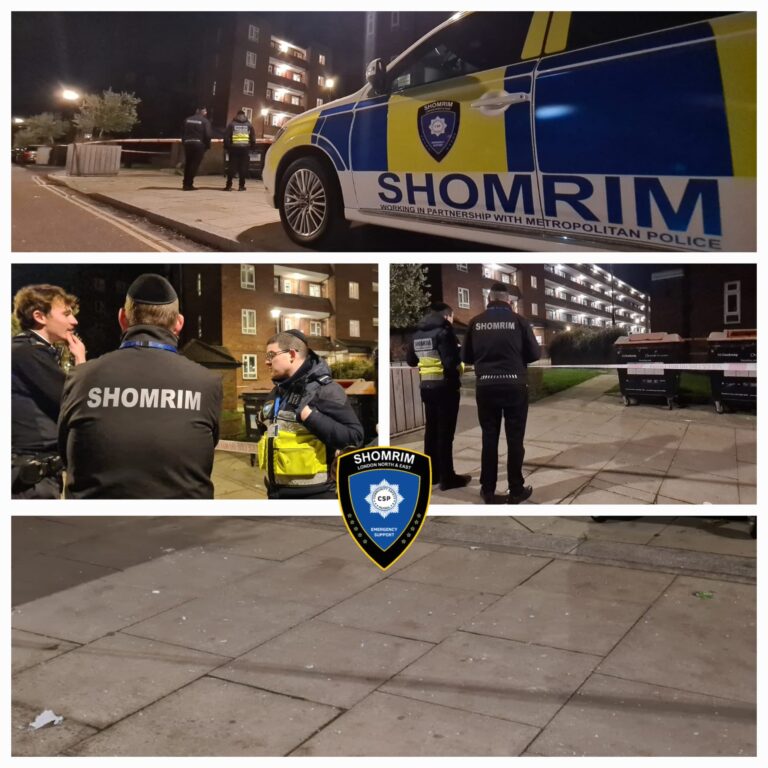 Super-fast “fourth generation” networks carry data at speeds of up to 1 Gigabit per second. But the new network from LightSquared may take the high-flying GPS network to zero Gbps — potentially preventing air-traffic control towers from keeping track of aircraft, the military from accurately relaying locations or ambulances from showing up at the right house after a 911 call.
Super-fast “fourth generation” networks carry data at speeds of up to 1 Gigabit per second. But the new network from LightSquared may take the high-flying GPS network to zero Gbps — potentially preventing air-traffic control towers from keeping track of aircraft, the military from accurately relaying locations or ambulances from showing up at the right house after a 911 call.
The FCC has received numerous concerns about LightSquared’s 4G network, alleging that the network’s signal transmitters overpower and jam any GPS signals within several miles. The FCC is investigating.
Dale Hatfield, former chief of the FCC’s Office of Engineering and Technology, said 911 response systems, many navigation systems, air traffic control towers and ship navigation all rely on GPS — and are at risk if there is signal interference.
But he told FoxNews.com that until further testing is done, it’s too early to tell whether LightSquared’s transmitters cause those issues.
“That’s the factual question here: Will there be interference?” Hatfield asked, noting that “any time you have more transmitters there’s always at least a slight chance of interference.”
The Department of Defense shares the FCC’s concerns, telling FoxNews.com that it is preparing to play a major role in assessing the impact of LightSquared’s network on GPS.
The Defense Department’s “expertise and knowledge of GPS is essential to this process,” said Lt. Col. April Cunningham from the Office of the Secretary of Defense. “Given the importance of GPS, (the department) has already begun studying this matter to support the forthcoming deliberations and overall efforts,” she said.
Many of the concerns sprout from a study submitted to the FCC in late January by GPS manufacturer Garmin. Using two Garmin GPS receivers, the study attempted to replicate the transmission and reception of LightSquared’s technology, and it showed GPS reception was completely blocked.
Sprint, Verizon and other cellular companies have spent billions in recent years to unveil so-called 4G wireless networks of their own, without any reported effects on the GPS system. LightSquared’s broadband cellular network, which will provide service to national and regional cell phone companies, retailers and electronic equipment manufacturers, is expected to reach 260 million people by 2016.
Jeff Carlisle, LightSquared’s vice president of regulatory affairs, said his company has always operated within limits stricter than what the FCC requires. He said the company spent $9 million to develop filters for their transmitters that essentially cut off any interference with GPS. Garmin’s study, he said, didn’t use transmitters equipped with those special filters.
Some GPS receivers, Carlisle explained, take in signals beyond the GPS ones they’re built to receive. Because LightSquared’s signal is just next to the GPS signal on the broadband spectrum (GPS satellites transmit between 1559 and 1610 megahertz, while LightSquared communicates with its satellites between 1525 and 1559 megahertz), receivers without filters can take in signals they’re not supposed to, which results in the interference.
While the FCC has long regulated transmitters, Hatfield says people won’t be able to fully enjoy new technology if there aren’t set standards for receivers to ensure quality.
“We can’t afford to have receivers out there that don’t perform adequately, and thereby preclude our use of spectrum for these new purposes,” Hatfield explained. “If you have a poor receiver, the outcome is either you get interference, or you restrict the transmitter so much that they’re not able to provide an attractive service.”
Carlisle says LightSquared is partnering up with the Pentagon and GPS industry to study and fully resolve any potential issues before launching its network.
(Source: Fox News)










